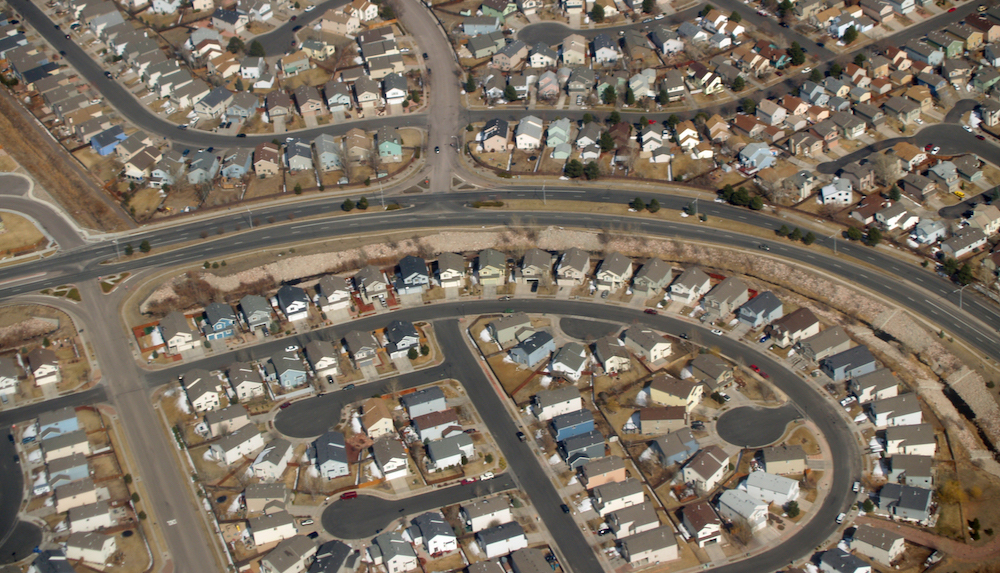The non-profit organization EcoDistricts has launched EcoDistricts Protocol, a process-based framework and performance standard that empowers sustainable neighborhood- and district-scale urban development.
The Protocol is structured around three core areas:
- Three Imperatives: Social, economic, and environmental sustainability is at the center of neighborhood initiatives. These include Equity, Resilience, and Climate Protection.
- Six Priorities: Six rigorous goals, 49 objectives, and 94 indicators are used to scope and define a district’s sustainability agenda. These include: Place, Prosperity, Health + Wellness, Connectivity, Living Infrastructure, and Resource Restoration.
- Three Implementation Phases: A framework sets the conditions for sustained, scalable, outcomes that address the Protocol’s Imperatives and Priorities and meet the specific needs of the district over time. These phases include Formation, Roadmap, and Performance.
“The EcoDistricts Protocol represents an important tool to help city leaders think about sustainability in an integrated way and at a scale that is truly effective,” said Joel Mills, senior director, Communities by Design, The American Institute of Architects. “Using the EcoDistricts Protocol, cities can build momentum for scalable change that transforms urban sustainability and positions communities for success in the 21st century.”
Related Stories
| Sep 8, 2022
U.S. construction costs expected to rise 14% year over year by close of 2022
Coldwell Banker Richard Ellis (CBRE) is forecasting a 14.1% year-on-year increase in U.S. construction costs by the close of 2022.
| Aug 29, 2022
Montana becomes first U.S. state to approve 3D printing in construction
Montana is the first U.S. state to give broad regulatory approval for 3D printing in building construction.
| Aug 25, 2022
New York City’s congestion pricing aims to reduce traffic, cut carbon
Officials recently released an environmental assessment that analyzes seven different possible pricing schemes for New York City’s congestion pricing program.
| Aug 23, 2022
New Mass. climate and energy law allows local bans on fossil fuel-powered appliances
A sweeping Massachusetts climate and energy bill recently signed into law by Republican governor Charlie Baker allows local bans on fossil fuel-powered appliances.
| Aug 22, 2022
Gainesville, Fla., lawmakers moved to end single-family zoning
The Gainesville City Commission recently voted to advance zoning changes that would allow duplexes, triplexes, and quadplexes to be built on land currently zoned for single-family homes.
| Aug 16, 2022
DOE funds 18 projects developing tech to enable buildings to store carbon
The Department of Energy announced $39 million in awards for 18 projects that are developing technologies to transform buildings into net carbon storage structures.
| Aug 11, 2022
Report examines supposed conflict between good design and effective cost management
A report by the American Institute of Architects and the Associated General Contractors of America takes a look at the supposed conflict between good design and effective cost management, and why it causes friction between architects and contractors.
| Aug 10, 2022
U.S. needs more than four million new apartments by 2035
Roughly 4.3 million new apartments will be necessary by 2035 to meet rising demand, according to research from the National Multifamily Housing Council (NMHC) and National Apartment Association.
| Aug 9, 2022
Work-from-home trend could result in $500 billion of lost value in office real estate
Researchers find major changes in lease revenues, office occupancy, lease renewal rates.
Legislation | Aug 8, 2022
Inflation Reduction Act includes over $5 billion for low carbon procurement
The Inflation Reduction Act of 2022, recently passed by the U.S. Senate, sets aside over $5 billion for low carbon procurement in the built environment.

















